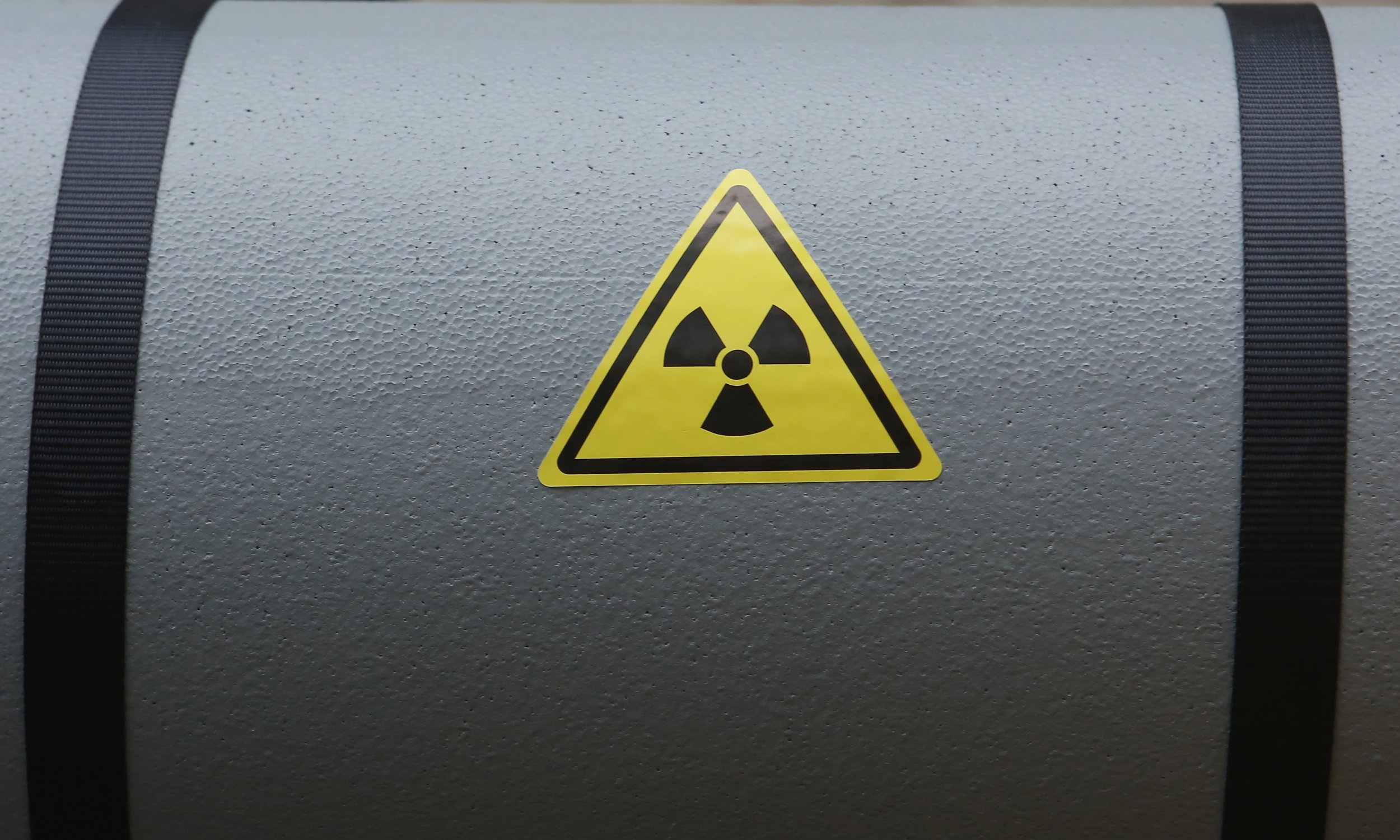
The world appears to be inching toward a possible nuclear war, and no one seems to care. Don't worry, it's not entirely your fault. Our brains may have limits in our ability to perceive threats, according to a psychologist, which could explain why we are more worried about catching the flu this winter than the idea of catastrophic nuclear war.
Does it ever seem that the bigger the tragedy, the more difficult it is for us to feel compassion and empathy? According to a psychology theory called "psychic numbing," our sympathy declines as the number of victims rise. The same phenomenon is true with our perception of nuclear risk, according to Paul Slovic, a professor of psychology at the University of Oregon who focuses on risk perception and decision-making.
Related: Trump's conspiracy theory delusions will likely lead to nuclear war with North Korea, psychiatrists warn
Slovic explains it's difficult to fathom the extreme severity and sheer scope of destruction these weapons are capable of causing, so we simply ignore the threat or seriously downplay it.
"Our risk perception is driven greatly by our feelings," Slovic told Newsweek. "The thing that is really interesting and weird about the way our minds work is that this feeling system is most sensitive to small things, harm to yourself, or harm to our families and to people we know."
Slovic explained that due to psychic numbing, it's difficult for us to scale up our scope of threat perception and therefore more immediate and serious threats, such as impeding global war, takes a back seat in our minds.
Related: North Korea would be 'utterly destroyed' in nuclear war, Nikki Haley says
"The part of our brain that helps us to navigate the world through our feelings did not evolve to help us deal with mass threats on the other side of the world or to understand large numbers," said Slovic.
According to The Washington Post, the most recent calculations estimate that North Korean leader Kim Jong Un—whom President Donald Trump called "short and fat" in a tweet a few weeks ago—has about 60 nuclear weapons in his control.
Although the estimations vary, it's quite clear that if we were to enter a nuclear war millions of people would perish. Even more so, Slovic explained that the bombs could also lead to a nuclear winter which would block out the sun, drop global temperatures, and inevitably cause even more long-term damage.
Ultimately, no matter how you look at it, in the event of a nuclear war, a significant percentage of the world's population would simply vanish. The good news is that our emotions and way of thinking isn't etched in stone.
Although we may be naturally inclined to shut our eyes to true cost of nuclear war, actively researching and understanding what these bombs can do may be enough to override this penchant to ignore reality.
"All we can do as individuals is band together and fight politically to get our leaders to work for strict controls to ensure that these weapons are never used," advised Slovic, suggesting this threat isn't as far out of our control as we may think.
Uncommon Knowledge
Newsweek is committed to challenging conventional wisdom and finding connections in the search for common ground.
Newsweek is committed to challenging conventional wisdom and finding connections in the search for common ground.
About the writer
To read how Newsweek uses AI as a newsroom tool, Click here.








